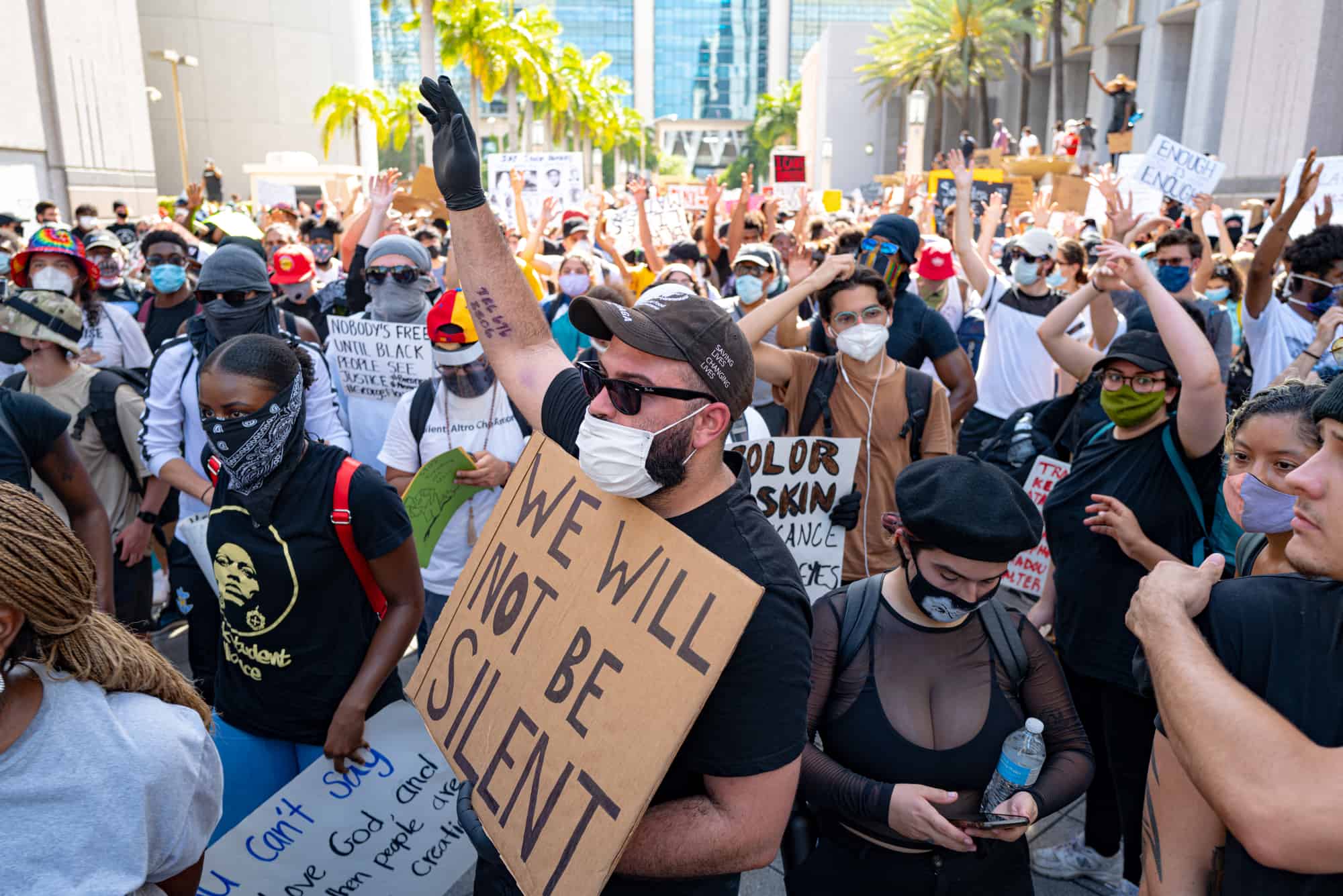Last year I read a post in a private Facebook group about one of the up and coming Democratic presidential primary challengers. I typed in, “Better than two old white guys,” referring to Bernie Sanders and Joe Biden. I paused before hitting enter, wondering if this was an appropriate response. I went ahead. I should have followed the nudge of the Holy Spirit that tried to stop me.
Within a minute, a white man about my age posted that he was offended by my remark. I’ve learned over time that it’s best to own my mistakes without qualification. I could have come up with reasons why I did it, but they would only look like excuses. Or, I could post a non-apology apology, “I’m sorry if you were offended,” but that’s no better.
So, I just posted, “I’m sorry. I was wrong to post.”
A day or two later, my daughter, who is also in that FB group, said to me, “You forgot you weren’t white, didn’t you?”
Yup.
I am a Japanese American, so yes, I am a person of color. Yet, for most of my life I have experienced the same privileges that white people experience. I get treated with respect when stopped for speeding and while shopping in stores. When I ask to speak to a supervisor, my request is granted politely. I served as pastor in three all-white churches and was accepted as one of them.
Of course, some of these privileges can also be attributed to the fact that I’m a male. I’ve never received a snarky remark about my hairdo, outfit or shoes when in the pulpit. I’ve never had someone ignore my suggestion, then a few moments later, suggest it as their own (though sadly, I believe I have done this to female colleagues more than I care to admit).
In seminary I found out that Asians were granted “Honorary White” status during South African apartheid. That’s when I first became aware of my privilege because I realized that I was treated the same way in the US. It also reminded me of a story my dad used to tell us when we were kids.
My father was born in Seattle, WA. His family was sent to an internment camp in Idaho during World War II because they were Japanese Americans. Near the end of the war he enlisted in the Army.
He would tell us about his trip to Camp Blanding, Florida, for basic training. The bus he was on stopped somewhere in the Deep South. When he went to the restroom, he encountered two signs: “White” and “Colored.” He went toward the colored bathroom.
A white man stopped him and asked, “Where are you going?”
He replied, “To the bathroom.”
The man said, “You’re not colored, you’re white.”
Everything he had experienced in the previous several years told him he was not white. But this was the Jim Crow South, and the rules were different. My father used to finish this story by saying, “No matter how bad we had it, we never had it as bad as black people.”
So yes, as a person of color who has been granted the privilege of being white and male all my life, I forgot that I was not an old white guy.
Racism is a problem for people of color. Sexism is a problem for women. But it’s not their problem to fix. It’s the problem of those of us who benefit from privilege. If things are going to change, we’re the ones who need to speak and act.
This means not remaining silent in the face of the power and authority that reinforces privilege. It means when we have the power to hire, we work harder to find people who have been excluded. It means supporting legislation at every level that addresses systemic discrimination. Most of all, it means owning the fact that with great privilege comes great responsibility. Things won’t change until we who are privileged are willing to give it up for the common good.
My understanding of Jesus, my faith in God and my interpretation of scripture all tell me that this is so.
“Then (Jesus) said to them all, “If any want to become my followers, let them deny themselves and take up their cross daily and follow me. For those who want to save their life will lose it, and those who lose their life for my sake will save it.” (Luke [9:23]-24)


